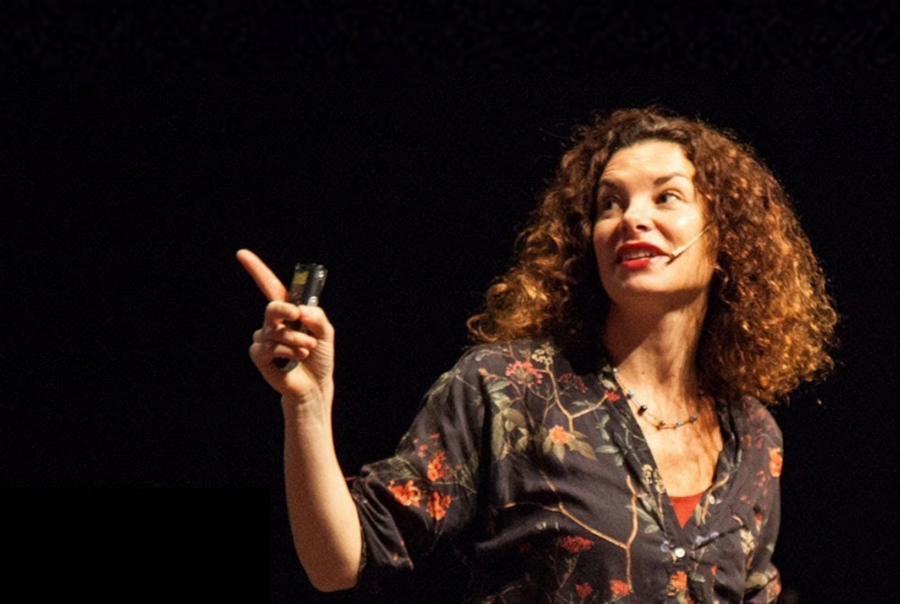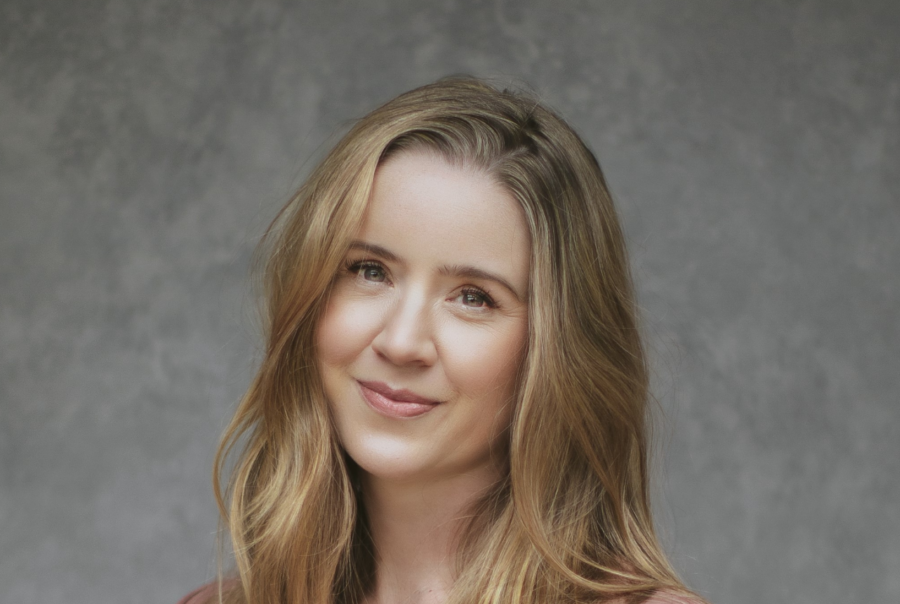According to prominent political scientist Ivan Krastev contemporary politics is dominated by two opposing visions: the left predicts the end of life on earth, while the right foresees the end of Western prosperity. This radicalization is destroying democracy.
There is a global crisis of democracy. Not only in the countries where it has a relatively short tenure but also in the United States and Western Europe. According to Bulgarian political scientist Ivan Krastev, this is because there’s a clash of two apocalyptic visions at the heart of modern politics. The first is supported by left-wing legislators and environmental activists who proclaim the imminent end of life on Earth. The second is driven by the fear that what may be ending is the western way of life and often features an anti-immigrant narrative. What do proponents of both visions have in common? A sense that they are engaged in the “ultimate struggle.” Krastev jokingly compares the level of excitement about this fight to a quote from the famous revolutionary song L’Internationale (“the Internationale”): “‘Tis the last call to battle!”
Has the West failed its followers?
Ivan Krastev is Chairman of the Center for Liberal Strategies in Sofia and a Permanent Fellow at the Institute for Human Sciences (IWM) in Vienna. He is a respected expert on issues such as the future of Europe, the changing face of democracy and how the media operates. He is a regular contributor to the Financial Times, while his opinion pieces are also published in the New York Times.
Mr. Krastev has authored several books including: “After Europe” (2017), “The Light That Failed: Why the West Is Losing the Fight for Democracy” (2020), and “Is It Tomorrow Yet?: Paradoxes of the Pandemic (2020). He has a reputation as a rational and inspiring author who brilliantly combines relevant arguments with many literary and cultural references.
Social polarization has ended politics as we know it. The reasons why are complex.
– Migration and climate change are two crises that will determine the future, the political scientist stressed in a recent interview he gave to Die Zeit in October 2023. The interview also appeared in the online edition of Gazeta Wyborcza. – The environmentally-focused left and the anti-immigrant right are like two parallel, extreme sides of a rebellion against a passive attitude toward phenomena larger than a single government, country, or ideology, the political scientist stresses. According to Krastev, European politics can achieve a new equilibrium only if it takes the concerns of both of these electorates seriously. This is possible, but it is not easy and it requires courage – All governments, progressive or conservative, will have to “experiment” in the years to come. European politics as we know it has come to an end. We should expect several unusual shifts,” he predicts.
Social polarization is a reaction to the frustration and complexity of the world. It is bad for democracy.
The current level of social polarization is so high that, today, almost any statement is considered a declaration of identity. This phenomenon is encouraged by the internet and social media but its causes run much deeper.Young people are angry with their parents’ generation and the fact that they have little influence on politics. They see themselves as a large but powerless group. When expressing their views online they feel visible. This frustration among youth has led to – among other things – radicalization and polarization. In an essay for the Financial Times titled Democracies Can’t Take Too Much Drama, Krastev writes that radicalization and strong polarization are turning the “republic of citizens” into a “republic of fans” – and fans, unlike citizens, are unwavering in their support and characterized by a blind sense of loyalty. Loyalty is central to the populist understanding of politics.
That’s why any electoral defeat is perceived by populists (and/or their followers) as an injustice or conspiracy and criticism of one’s own party is considered treason. Krastev also writes that populists who hold government positions prefer to see themselves as part of a persecuted minority. This allows them to behave like villains, but villains who have been harmed – people to whom one can relate.
The problem is that democracy does not tolerate drama! It can’t work either when the stakes are too low or when they are too high. – Democracies – this is their greatest advantage – are societies capable of self-correction. Only when we lose this ability will there be a real crisis of democracy. – warns Krastev.





